Revisiting ‘Close-Up’: Abbas Kiarostami's magnum opus

"Close-Up" (1990), crafted by the cinematic virtuoso Abbas Kiarostami, isn't just a film; it's a deeply human odyssey that resonates with the core of our existence. What elevates it to the echelons of the greatest films ever made as regarded by many, is its profound exploration of a journey that intertwines reality, identity, and the universal yearning for connection.
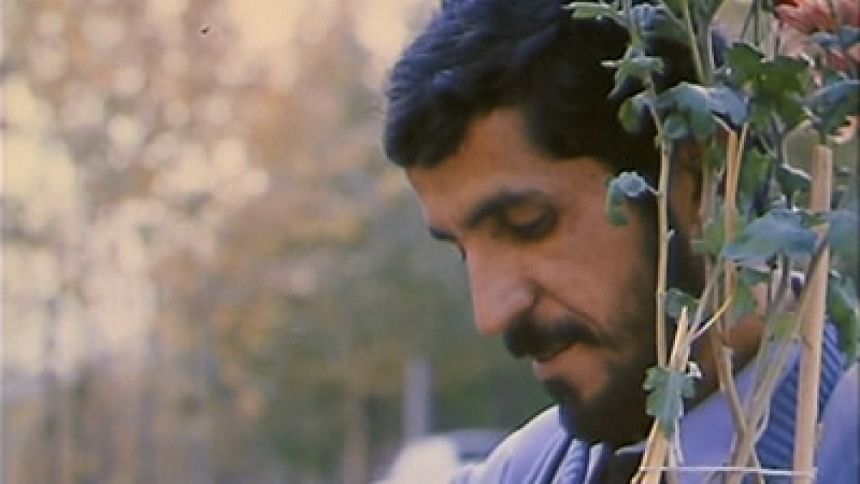
The film unfolds as a hybrid of documentary and reenactment, blurring the lines between reality and fiction. Kiarostami masterfully weaves the tale of Hossain Sabzian, a man who impersonates the acclaimed Iranian filmmaker Mohsen Makhmalbaf. Sabzian, driven by a desire to escape his mundane life, befriends a family, leading them to believe he is the renowned director.
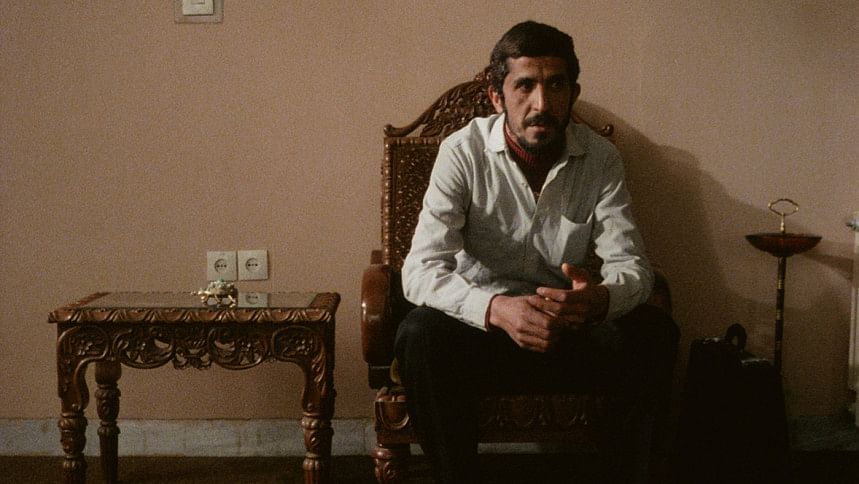
At its heart, "Close-Up" is an intimate portrait of Hossain Sabzian, a man entangled in the threads of his own longing for something beyond the ordinary. Sabzian's story becomes a mirror reflecting our collective yearning for significance and connection, making the film an intimate exploration of the human soul.
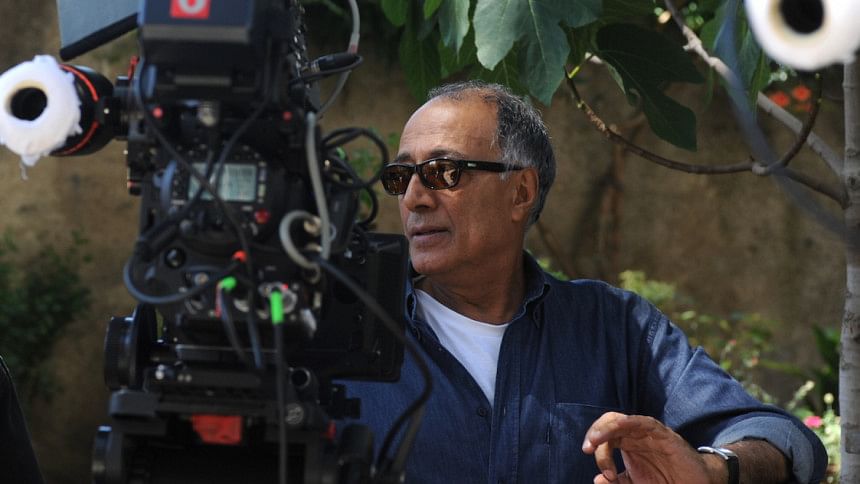
Kiarostami's choice to blend documentary elements with reenactments isn't just a stylistic decision; it's a deliberate attempt to break down the barriers between the audience and the characters. By employing the real participants in the events, the film transforms into a shared human experience, where the lines between storyteller and audience blur.
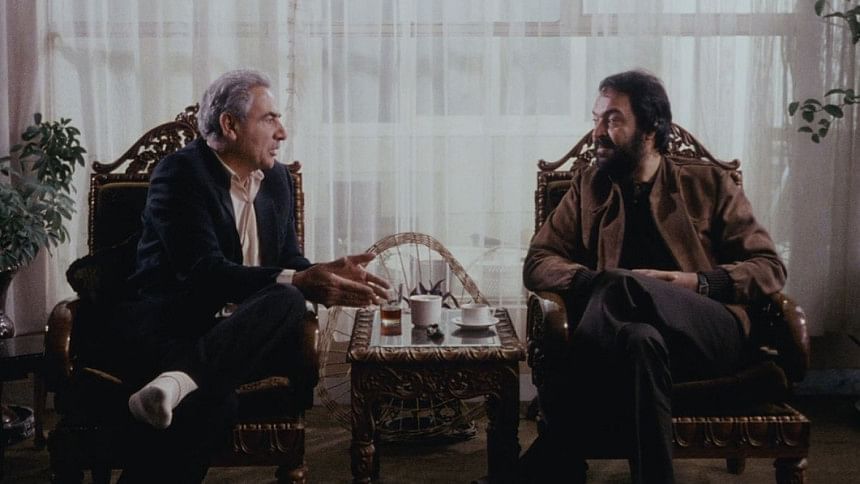
The film captures the court trial of Sabzian, where real legal proceedings unfold on screen. This blending of reality and fiction is a testament to Kiarostami's innovative storytelling approach, challenging conventional filmmaking norms. In doing so, "Close-Up" ceases to be a passive viewing experience; it becomes a shared journey of self-discovery, inviting each viewer to question their own perceptions of truth, identity and judgement. The film's intricate examination of truth and fiction resonates on a profound level, inviting audiences to reflect on their own understanding of reality.
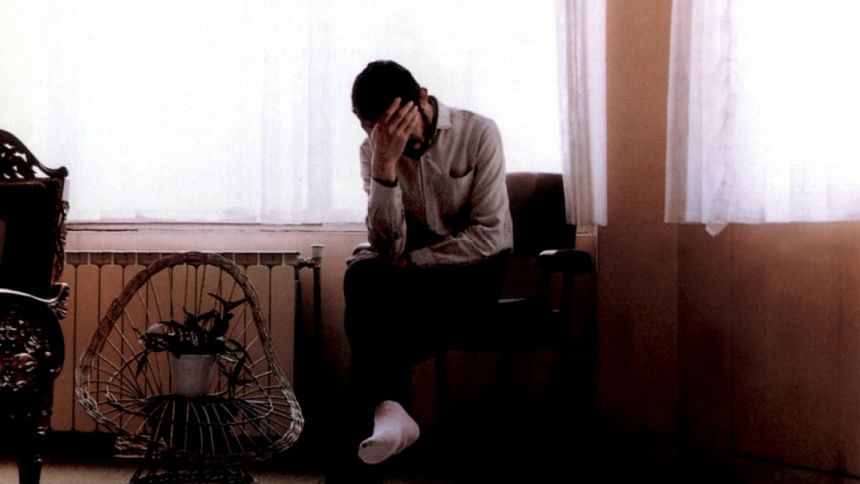
The film's power lies in its ability to make us question our assumptions about others. Sabzian, far from being a mere imposter, becomes a vessel for exploring the fragility of our self-perceptions. Through his story, Kiarostami invites us to empathize with the complexity of human motivations, the longing for recognition, and the universal struggle for authenticity in a world that often demands conformity.
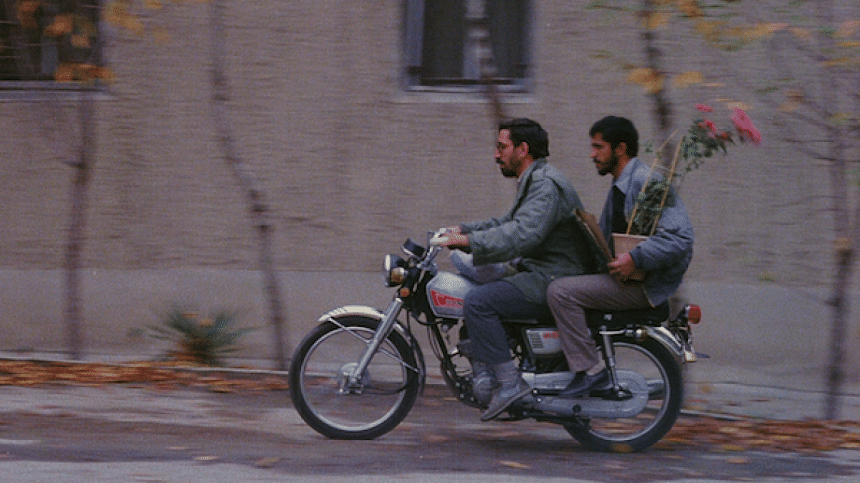
Visually, "Close-Up" is a canvas painted with the raw hues of reality. The aesthetics of "Close-Up" are striking in their simplicity. The long takes and natural lighting serve not only as a testament to Kiarostami's mastery but also as a deliberate choice to strip away the artificial layers of filmmaking. This deliberate simplicity heightens the film's emotional impact, making it an unfiltered and authentic portrayal of the human soul. The film's cinematography reflects the director's minimalist approach, allowing the emotional weight of the narrative to shine through without unnecessary embellishments.
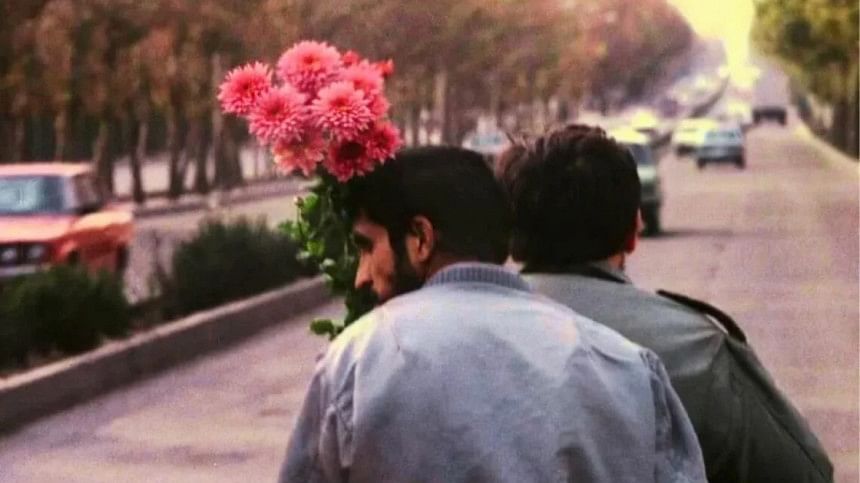
What makes "Close-Up" one of the greatest films ever made is its unwavering commitment to the human story. Beyond its narrative and technical achievements, "Close-Up" showcases Kiarostami's deep understanding of cinema as an art form. The film is a profound exploration of the relationship between reality and representation, challenging the boundaries of storytelling and pushing the envelope of cinematic expression. It's not just about the Iranian society in which it unfolds; it's about the shared humanity that transcends cultural boundaries.
"Close-Up" challenges us to confront our own vulnerabilities, prejudices, and desires, creating a space where the universal truths of the human experience come to the forefront. Kiarostami's magnum opus urges us to confront the masks we wear, the stories we tell ourselves, and the deep-seated human need for connection and understanding.

 For all latest news, follow The Daily Star's Google News channel.
For all latest news, follow The Daily Star's Google News channel. 







Comments